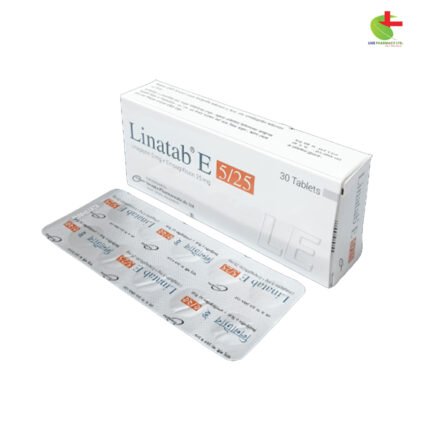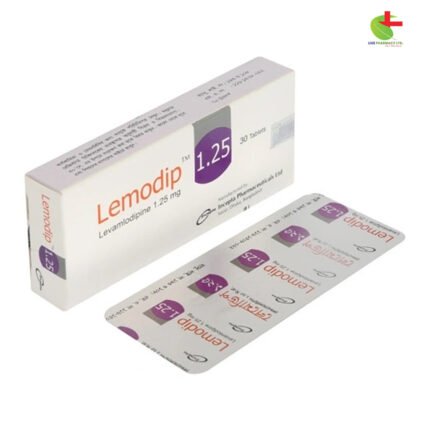Cystosan 100
400.00৳ Strip
- Cystosan relieves bladder pain and discomfort associated with interstitial cystitis.
- Contains Pentosan Polysulfate Sodium, which interacts with growth factors to reduce bladder inflammation.
- Recommended dose: 300 mg/day, taken as three 100 mg capsules.
- Consult a healthcare provider before use to ensure proper dosage and suitability.
 Brand
Brand
|
Incepta Pharmaceuticals Ltd |
|---|---|
 Generics
Generics
|
Pentosan Polysulfate Sodium |
 Type
Type
|
Tablet |
Indications
Cystosan is prescribed for relieving bladder pain or discomfort associated with interstitial cystitis.
Consult a registered physician before using this medication.
Pharmacology
Cystosan contains Pentosan Polysulfate Sodium, a polymer of xylose hydrogen sulfate, which binds to fibroblast growth factors (FGFs) and other heparin-binding growth factors. It works by interacting with the heparin-binding site of FGFR-1, inhibiting cell growth and tumorigenicity in specific cancer cells. This mechanism helps alleviate pain and discomfort related to bladder inflammation.
Dosage & Administration
- Recommended dose: 300 mg per day, divided into three 100 mg doses. Take orally with water, at least 1 hour before meals or 2 hours after meals.
- Reevaluation: Patients should be reassessed after 3 months. If no improvement is seen, treatment can be extended for another 3 months.
- Pediatric Use: Safety in children under 16 years has not been established.
Always follow your healthcare provider’s instructions.
Interactions
- Warfarin: No significant pharmacokinetic interaction between Cystosan and warfarin was observed, meaning INR levels remained consistent.
Contraindications
Do not use Cystosan if you are allergic to Pentosan Polysulfate Sodium or any related compounds.
Side Effects
Common side effects may include:
- Alopecia (4%)
- Diarrhea (4%)
- Nausea (4%)
- Headache (3%)
- Rash (3%)
- Dyspepsia (2%)
- Abdominal pain (2%)
- Liver function abnormalities (1%)
- Dizziness (1%)
Pregnancy & Lactation
- Pregnancy: Animal studies did not show harmful effects at certain doses. However, adequate human studies are lacking, so Cystosan should be used during pregnancy only if clearly needed.
- Breastfeeding: It is unknown whether Cystosan is excreted in breast milk. Use caution when administering this medication to nursing mothers.
Precautions & Warnings
- Anticoagulant Effects: Cystosan is a weak anticoagulant and can cause bleeding complications, including rectal hemorrhage, ecchymosis, epistaxis, and gum bleeding.
- Risk of Bleeding: Patients with coagulopathy or those on blood thinners should be closely monitored.
- Alopecia: Alopecia is a known side effect, often starting within 4 weeks of treatment. Most cases are limited to a small area on the scalp and resolve after discontinuation of treatment.
Therapeutic Class:
Other genito-urinary preparations
Storage Conditions
Store at temperatures below 30°C, away from light and moisture. Keep out of reach of children.













Reviews
There are no reviews yet.